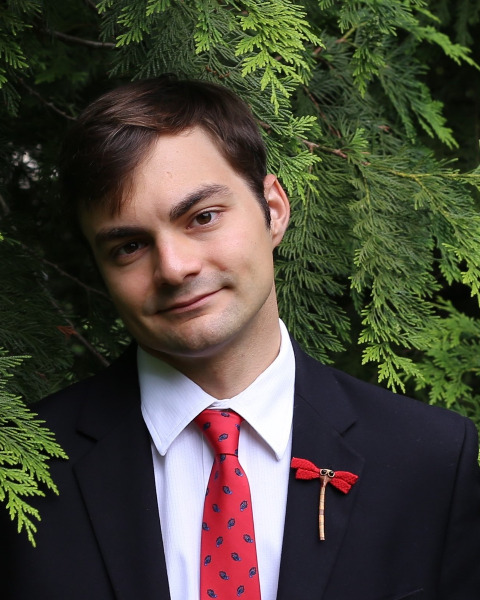SysEB
Organized Meeting
Systematics, Evolution and Biodiversity Business Meeting
7: 2020 BioQuip Undergraduate Scholarship
Tuesday, November 17, 2020
6:01 PM - 6:11 PM EST

Timothy W. Schwanitz
Princeton University
Princeton, New Jersey
Presenting Author(s)
While many Romantic authors of the early- to mid-1800s were openly hostile to science, the writers of the American Transcendentalist literary movement had a much more positive attitude toward the natural sciences. Writers like Ralph Waldo Emerson, Henry David Thoreau, and Walt Whitman incorporated science into their works and celebrated many scientific advances. Among the many sciences that inspired them, the rapidly developing science of entomology crops up throughout their work. They used scientific discoveries about nature as rich sources of new imagery and metaphor. They actively followed the latest developments, e.g., Henry David Thoreau reviewed works by T. W. Harris, one of the founders of economic entomology. And, these classic American writers saw that America, "nature's nation," needed to focus its emerging literature on all aspects of nature, including insects. These writers had a genuine appreciation not just for insects but also for the science that brought to light new knowledge about them, hence the line from Whitman's Leaves of Grass: "The bug [was] never worshipped half enough." These writers saw the value of simple observation, and their beautiful writing is a source of joy and inspiration.

